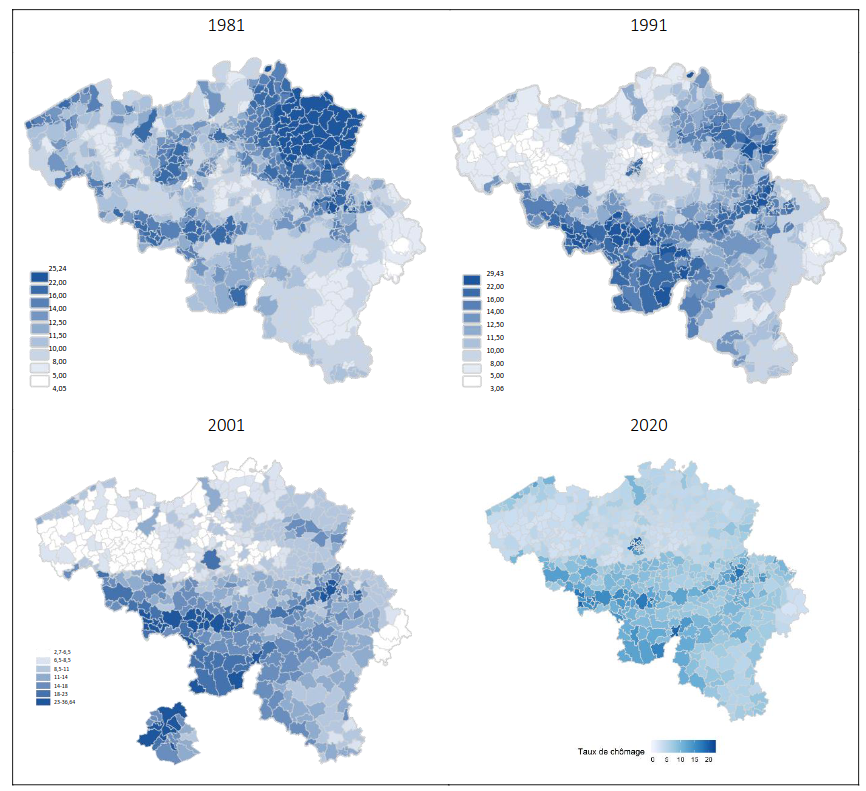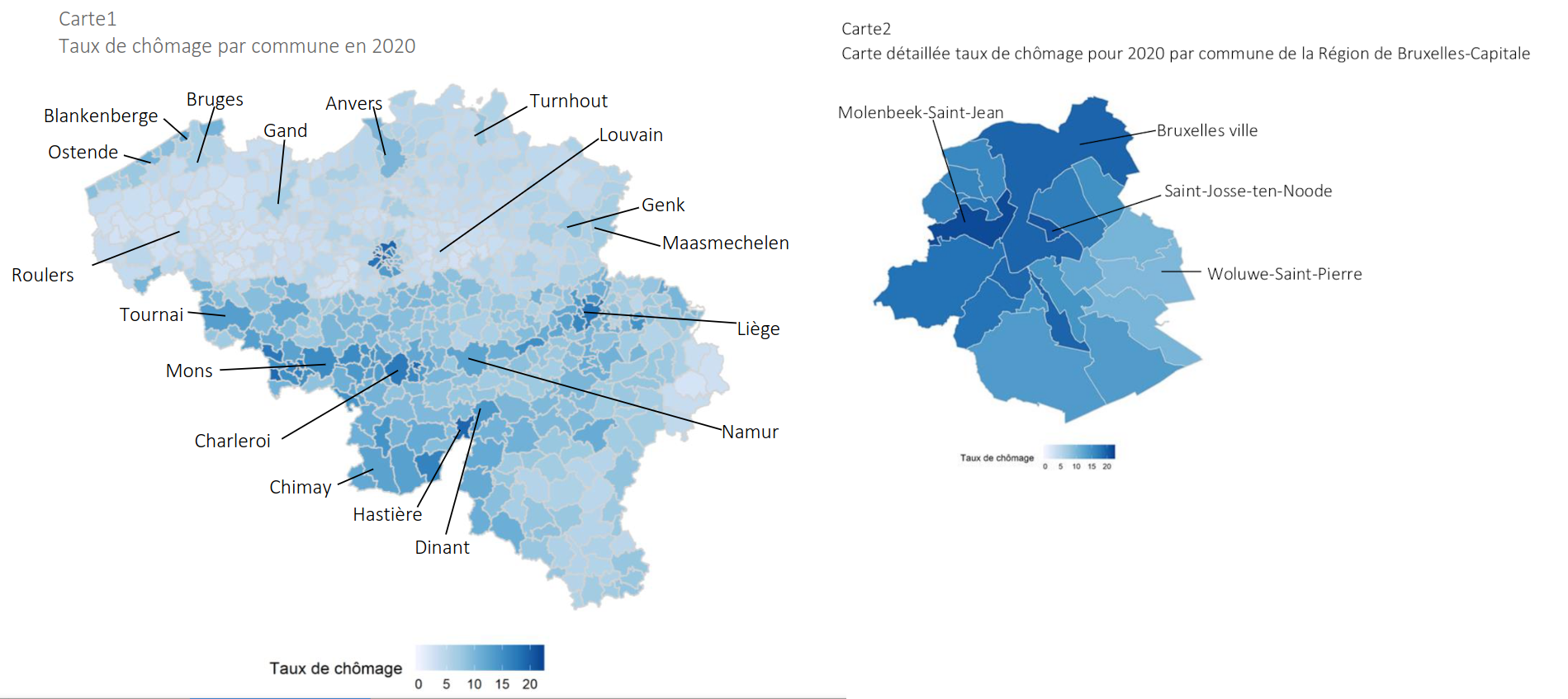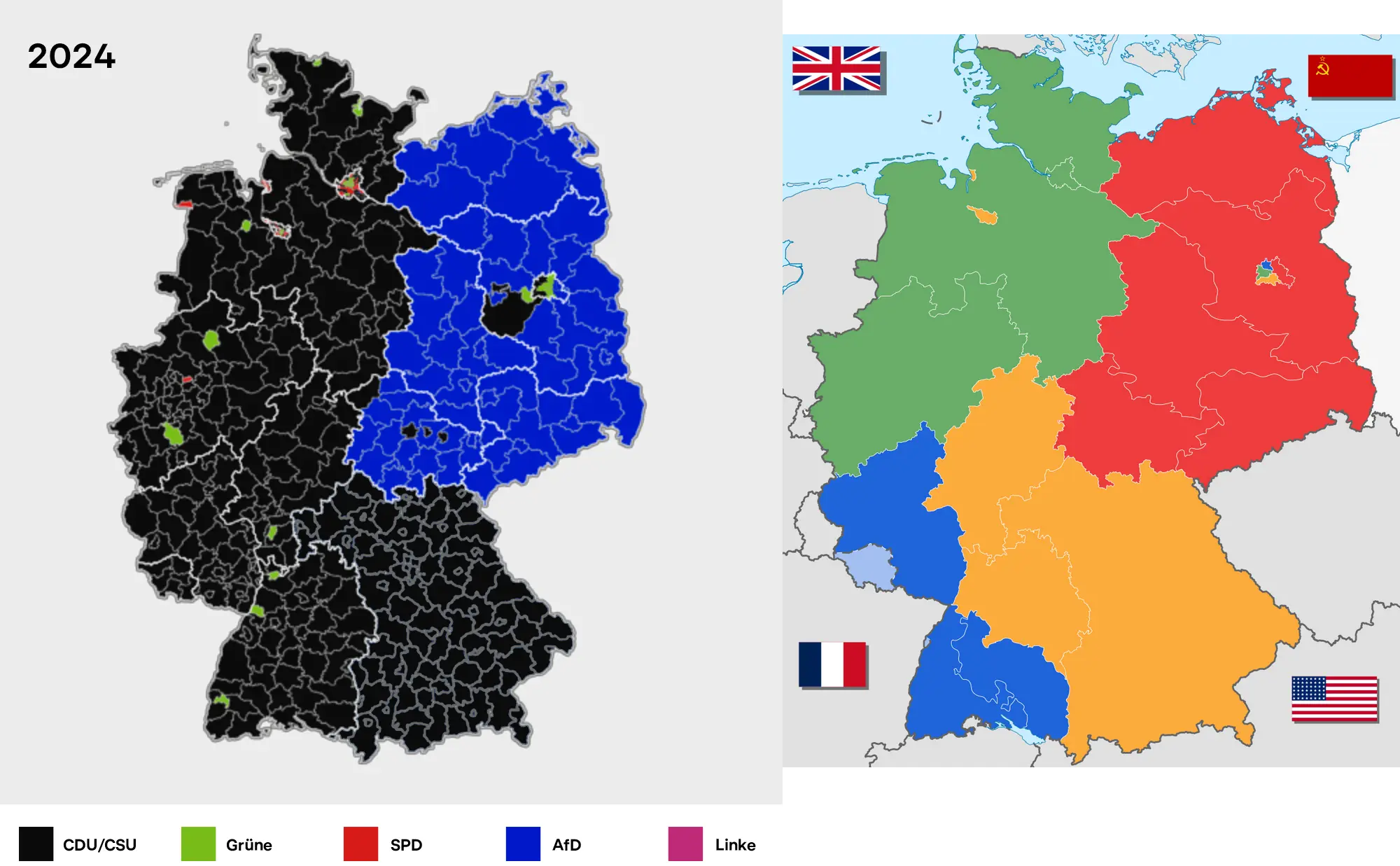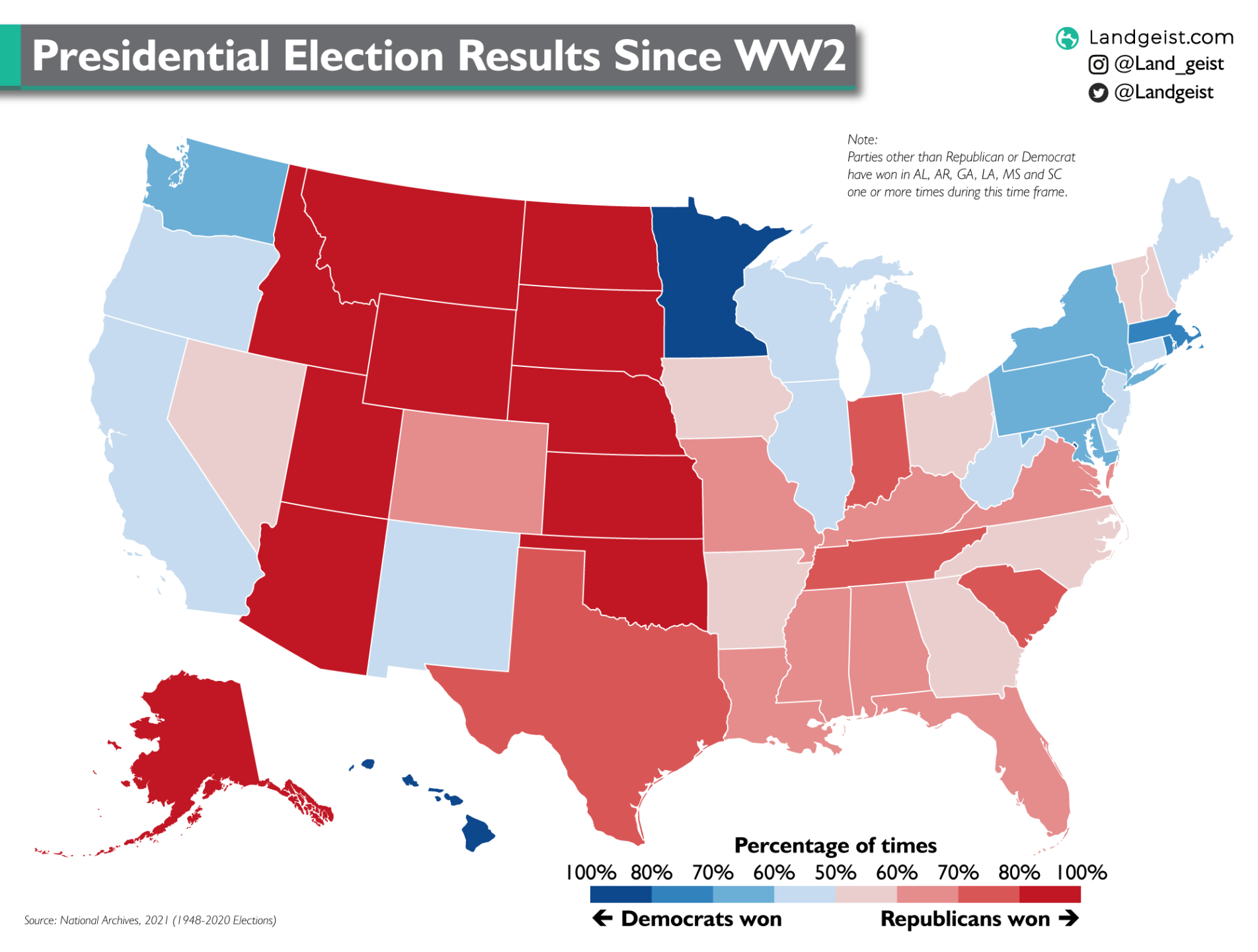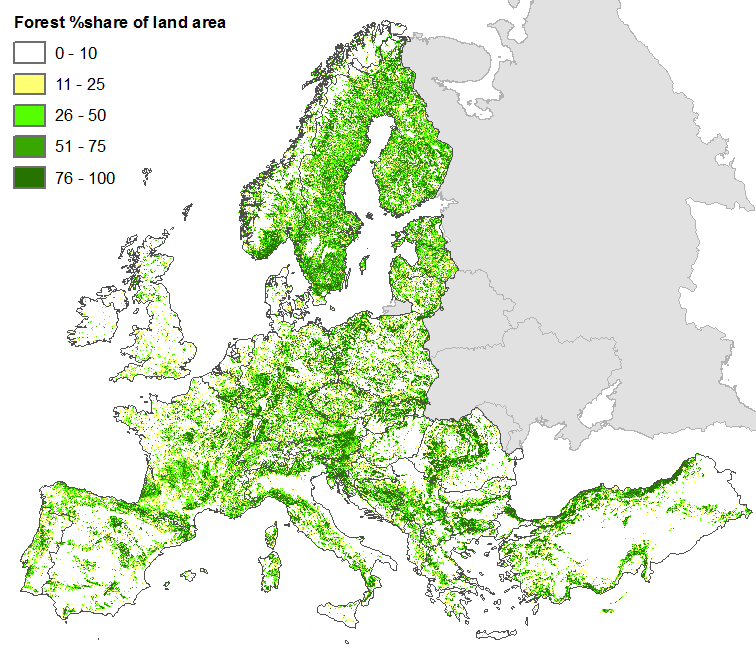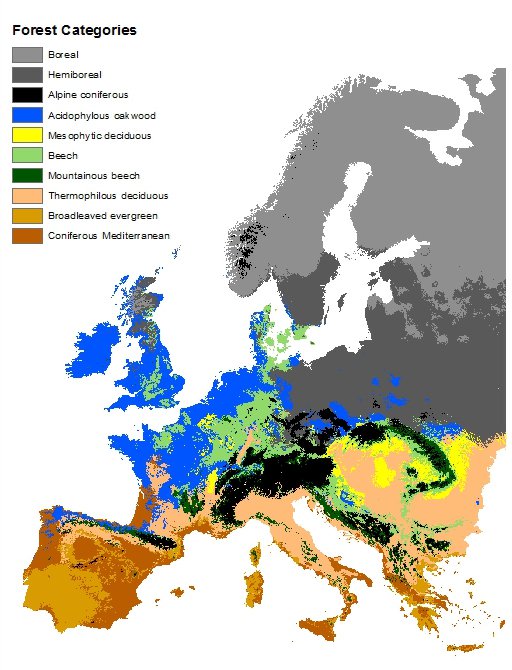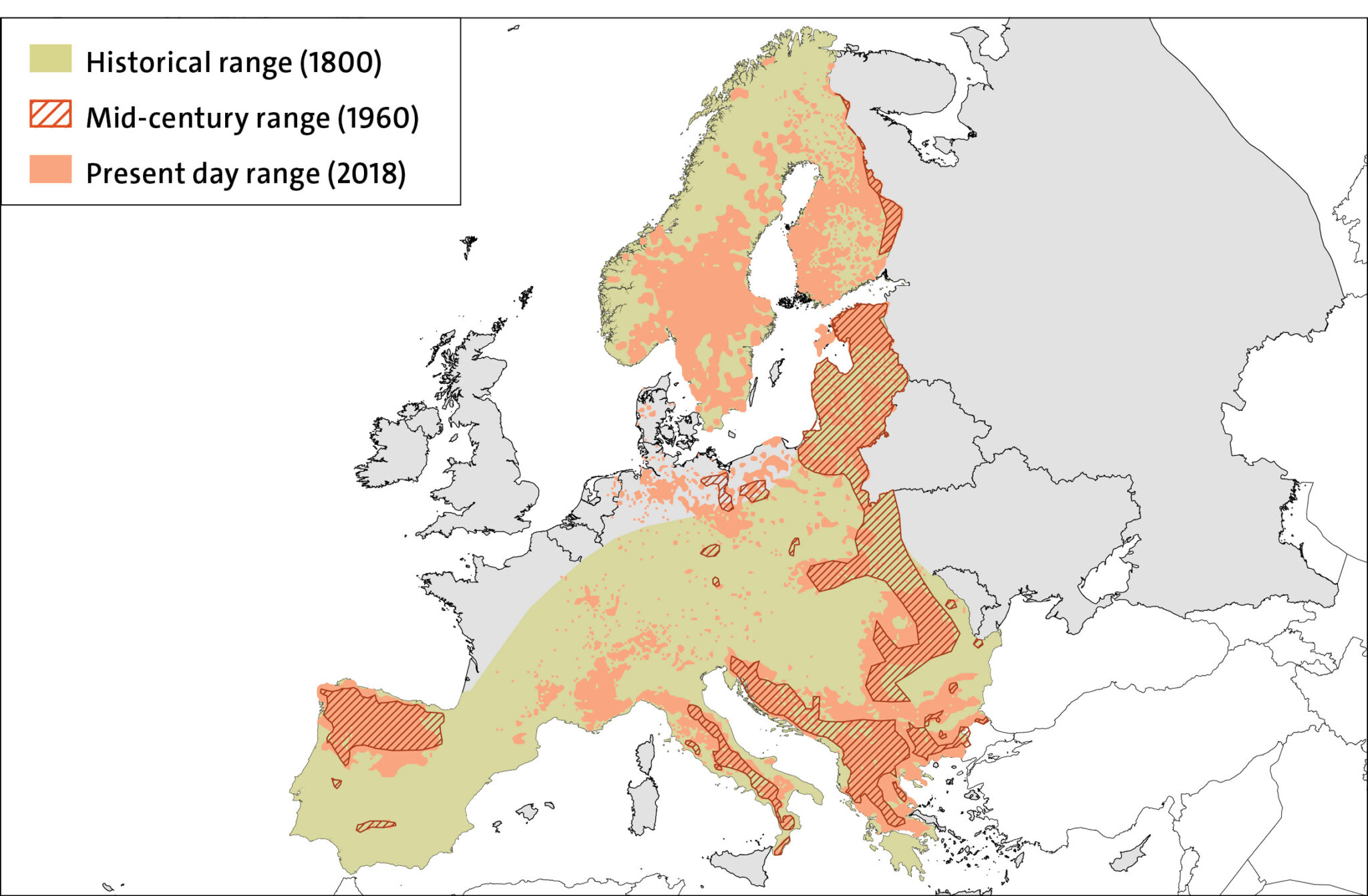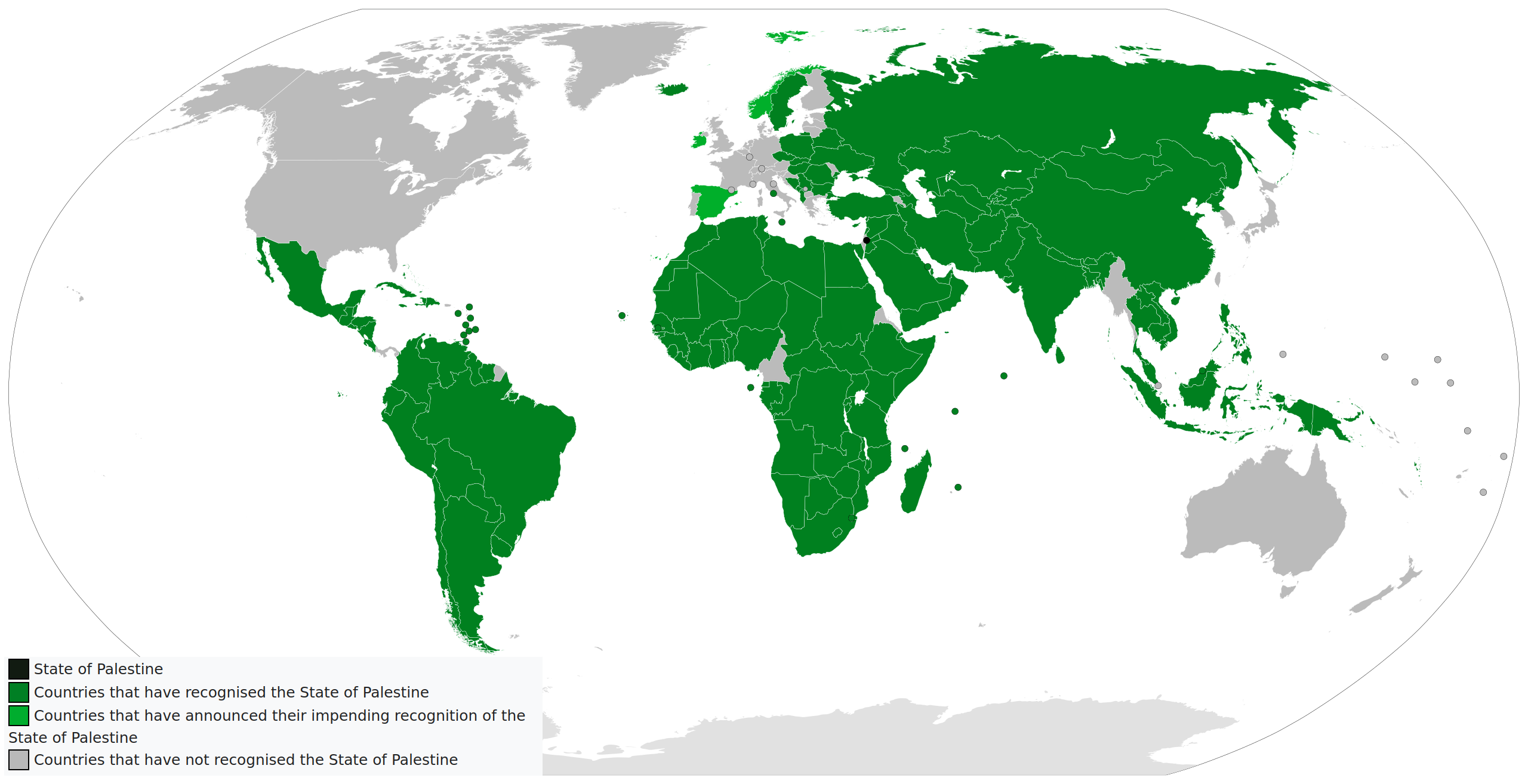From a gazetteer called 瀛環志略 'A Short Account of the Maritime Circuit' by Chinese official Xü Jiyu in 1849.
Unfortunately out of all the maps in the book, France suffered the most mistakes with several names being misplaced which makes this a nightmare to translate. I'll leave it for u guys to point out the mistake.
The Chinese seemed to have a more positive view of the French compared to the British-
"Among the countries of Europe, France (佛朗西) boasts the longest-lasting legacy. Since the time of Charlemagne's reign, it has endured for over a thousand years.
Despite enduring various upheavals, its rulers have consistently emerged from its own faction, avoiding the establishment of foreign dynasties or female monarchs, a departure from the practices of other nations. Its legal system is robust, producing capable rulers every six or seven generations, enabling it to navigate crises without succumbing to downfall, suggesting a certain underlying stability.
Regarded as the foremost martial power in Europe, France consistently strives for supremacy, refusing to be outdone by others. Any affront is met with a steadfast determination for retribution. Its people are characterized by their generosity and readiness for battle, embodying a martial spirit reminiscent of ironclad horses.
Unlike other nations, France conducts its military affairs with a sense of justice rather than solely pursuing profit. Thus, despite enduring numerous internal and external challenges over the course of a millennium, France maintains its vigilance over the Western world, its national strength remaining unshaken. Even the celebrated victories of Napoleon ultimately led to his defeat, serving as a cautionary tale against unchecked military ambition.
France also possesses several overseas territories, including Pondicherry in South India, Guiana in South America, Algeria in North Africa, and Reunion Island in the Indian Ocean. However, these territories are neither extensively developed nor particularly cherished, as they are not deemed vital to France's interests.
Like other European nations, France engages in maritime trade, with ships from England, America, and Spain making annual voyages to China. These ships carry a variety of goods, including cotton, cloth, rice, pepper, sandalwood, and sea cucumbers, primarily sourced from Southeast Asia rather than France itself.
However, French merchant ships are relatively few in number, typically ranging from three to four, sometimes even fewer. Their imports mainly consist of luxury items such as feathers, clocks, watches, and other precious goods, showcasing France's wealth and craftsmanship. Wine, clay, silk, and similar commodities sold to other European nations yield profits tenfold without the need for extensive voyages.
France's maritime expeditions to the East are driven more by a desire for prestige than mere economic gain, reflecting its unique national strength and aspirations."

